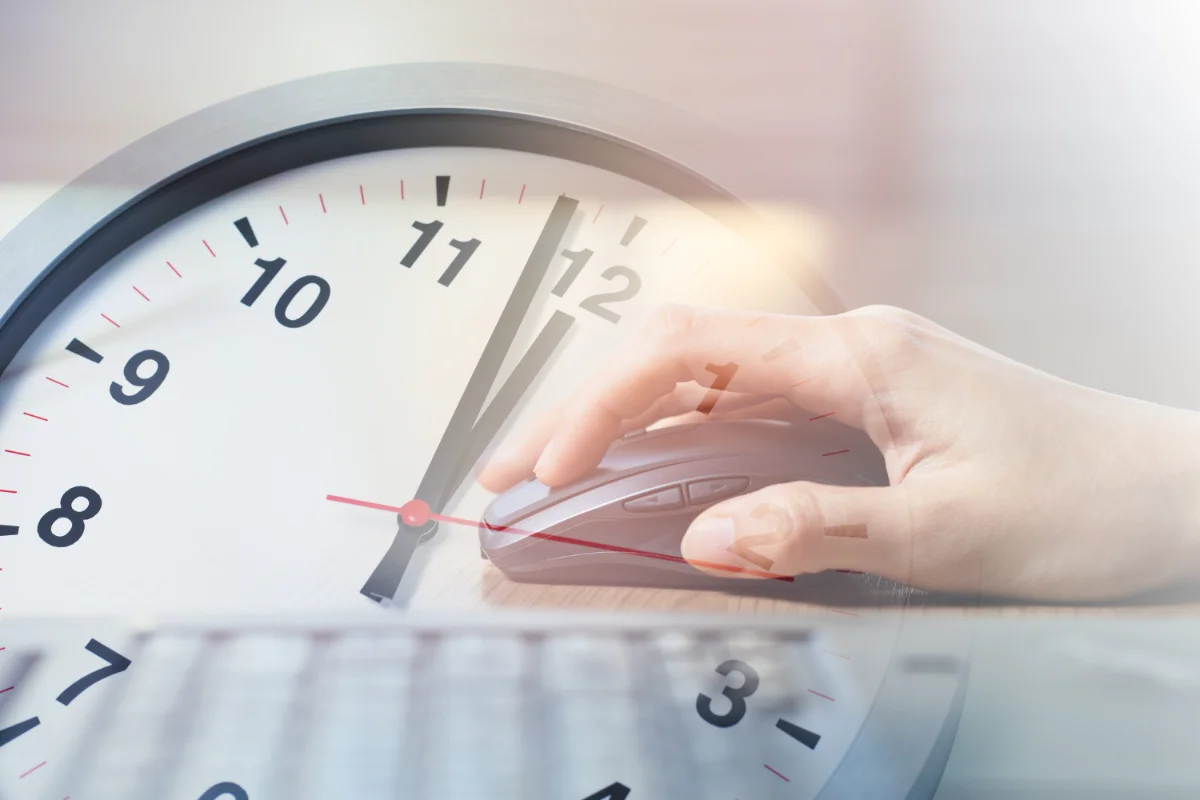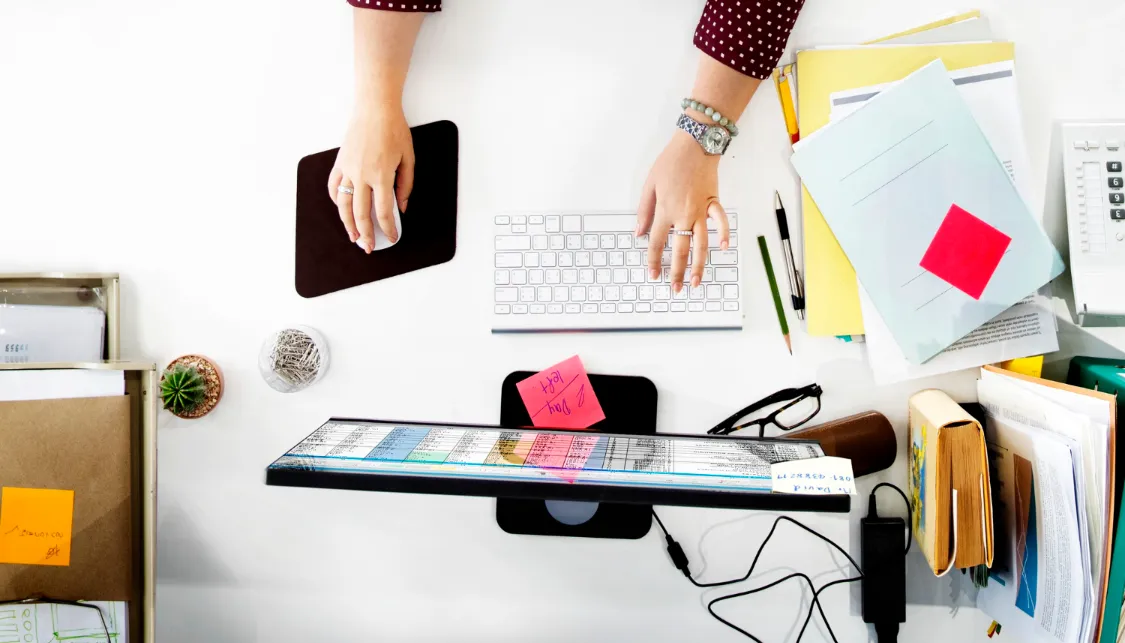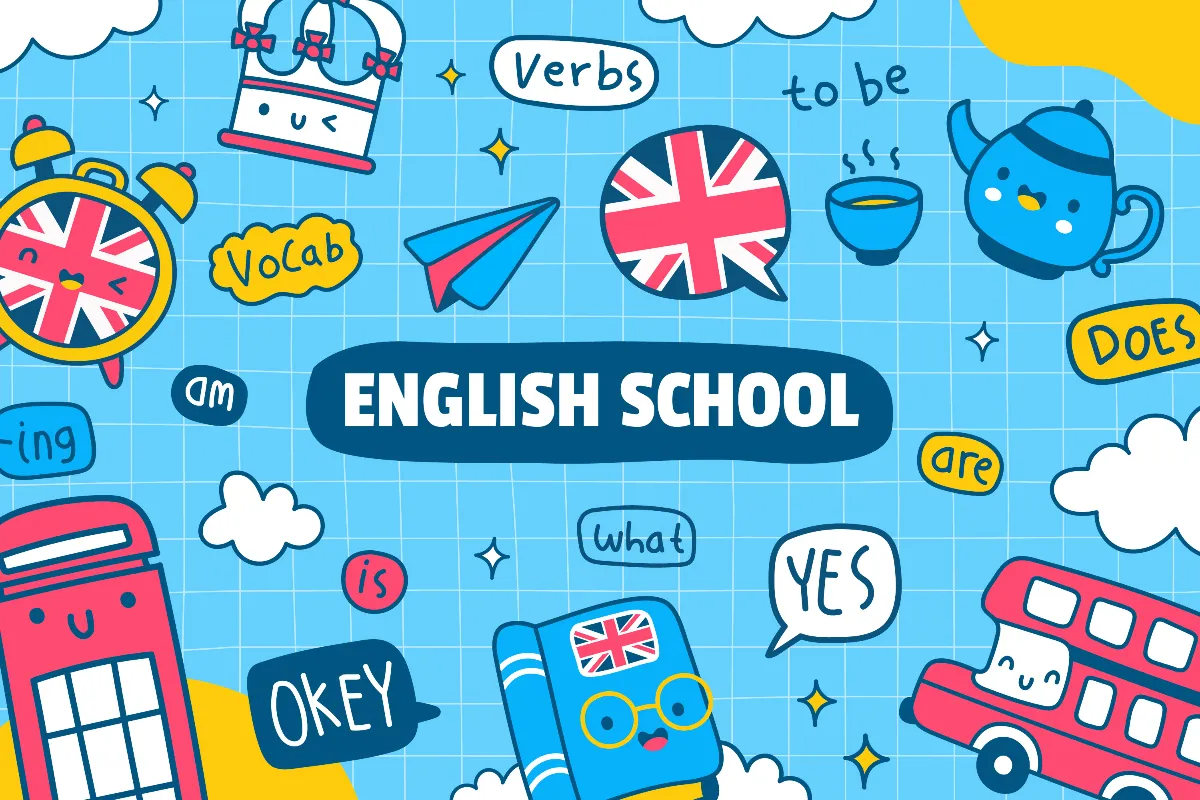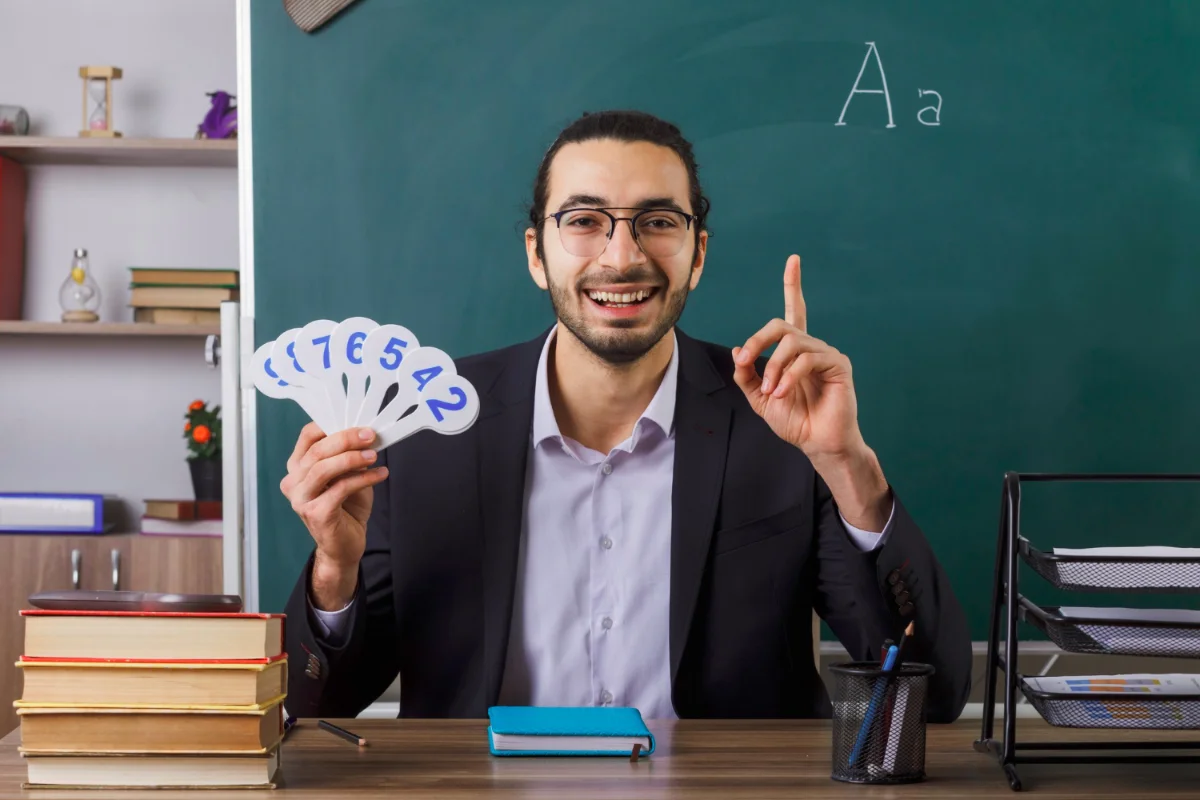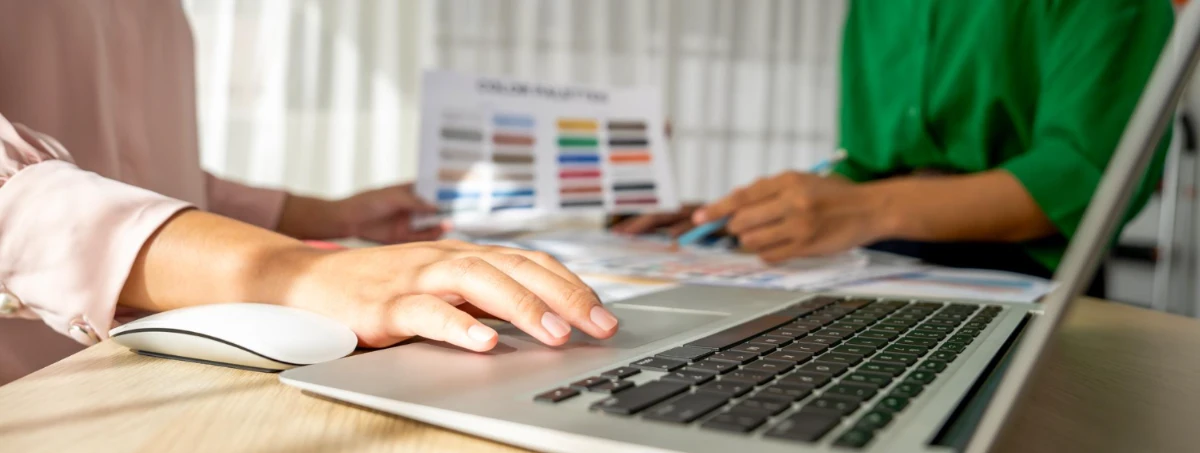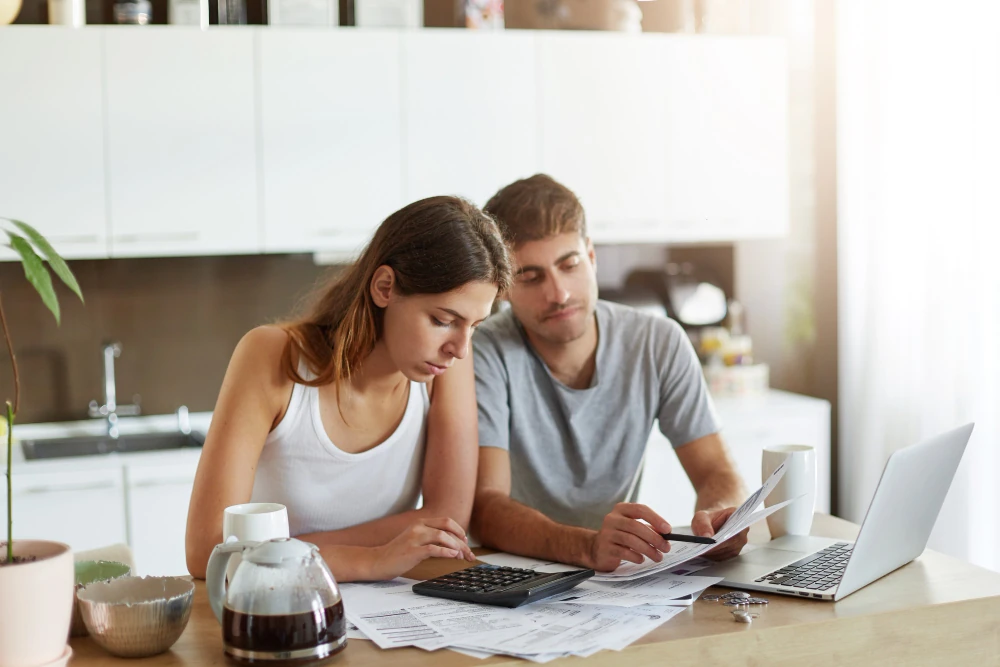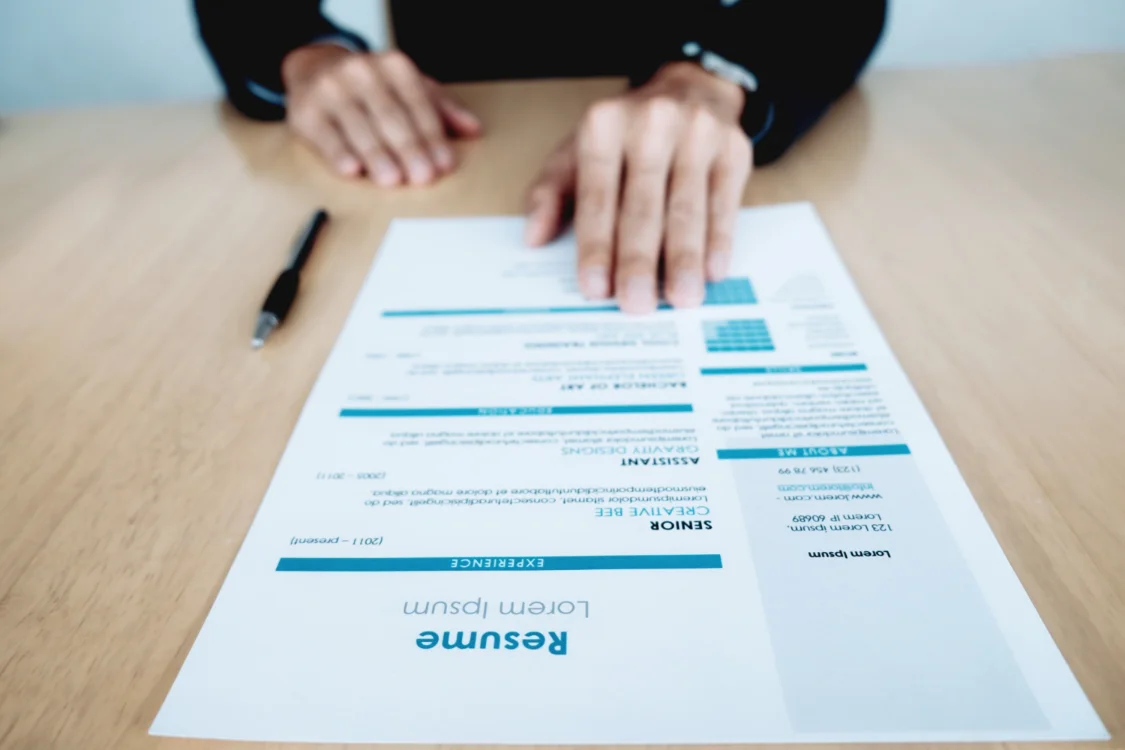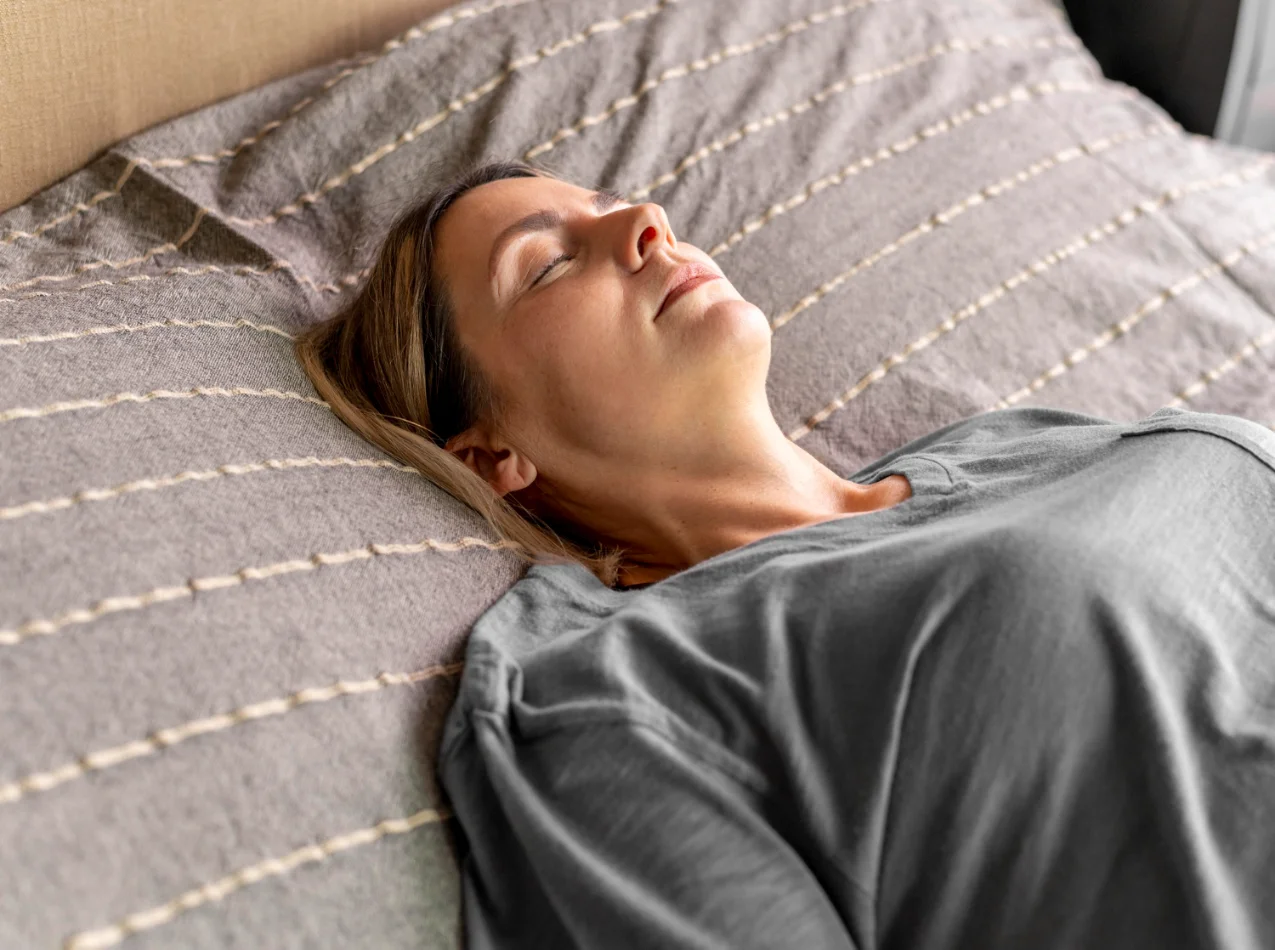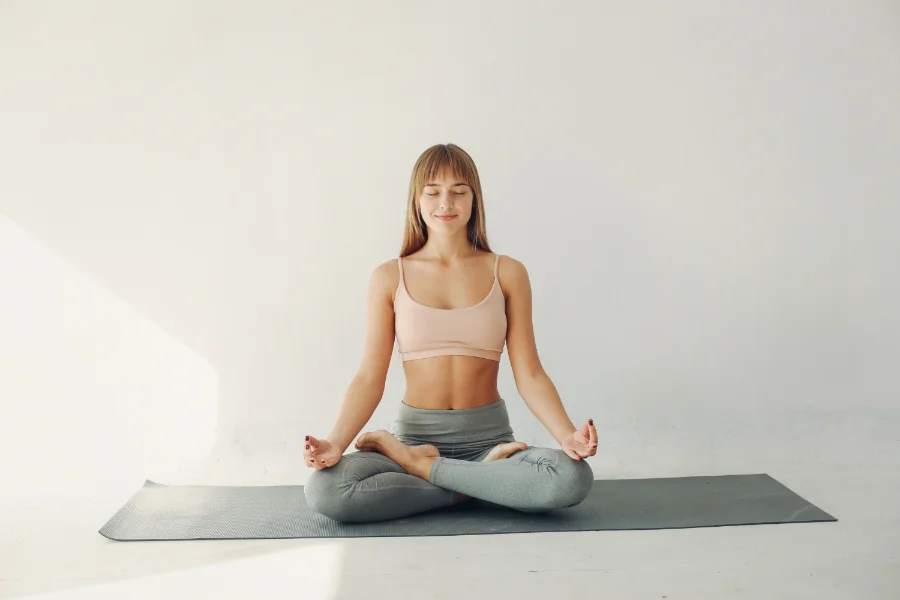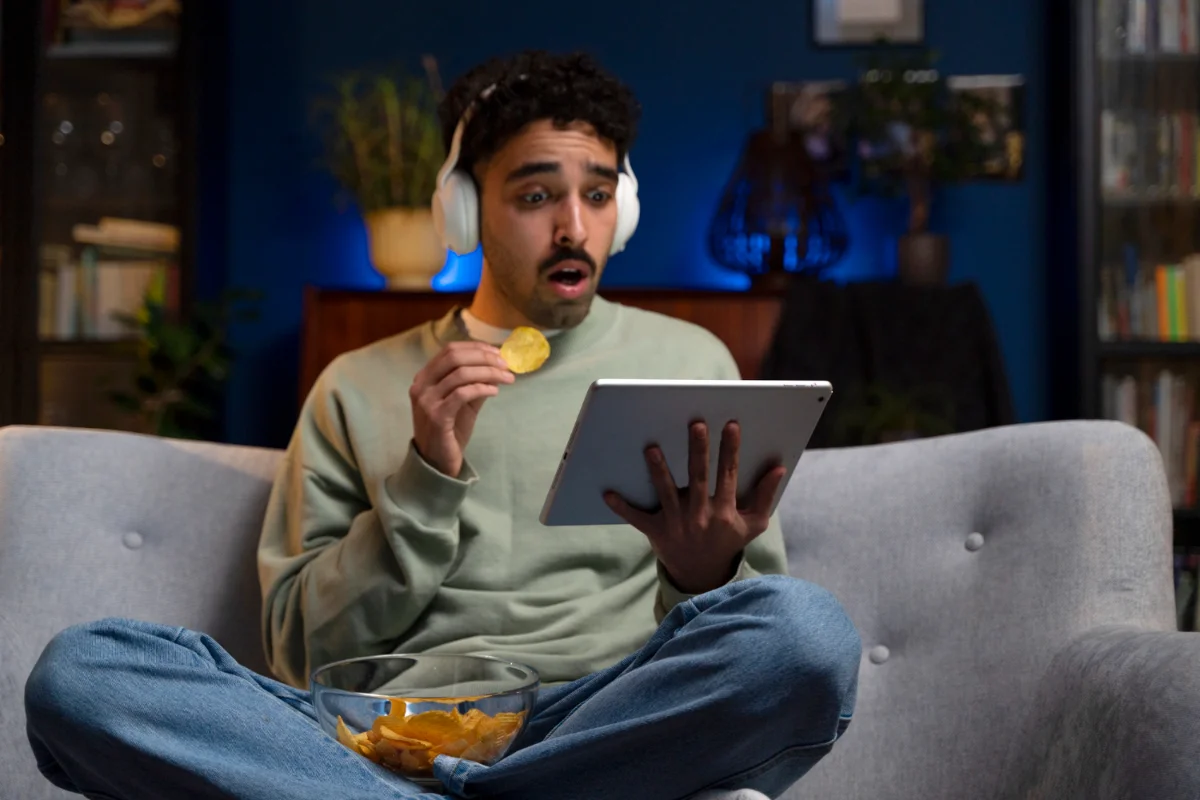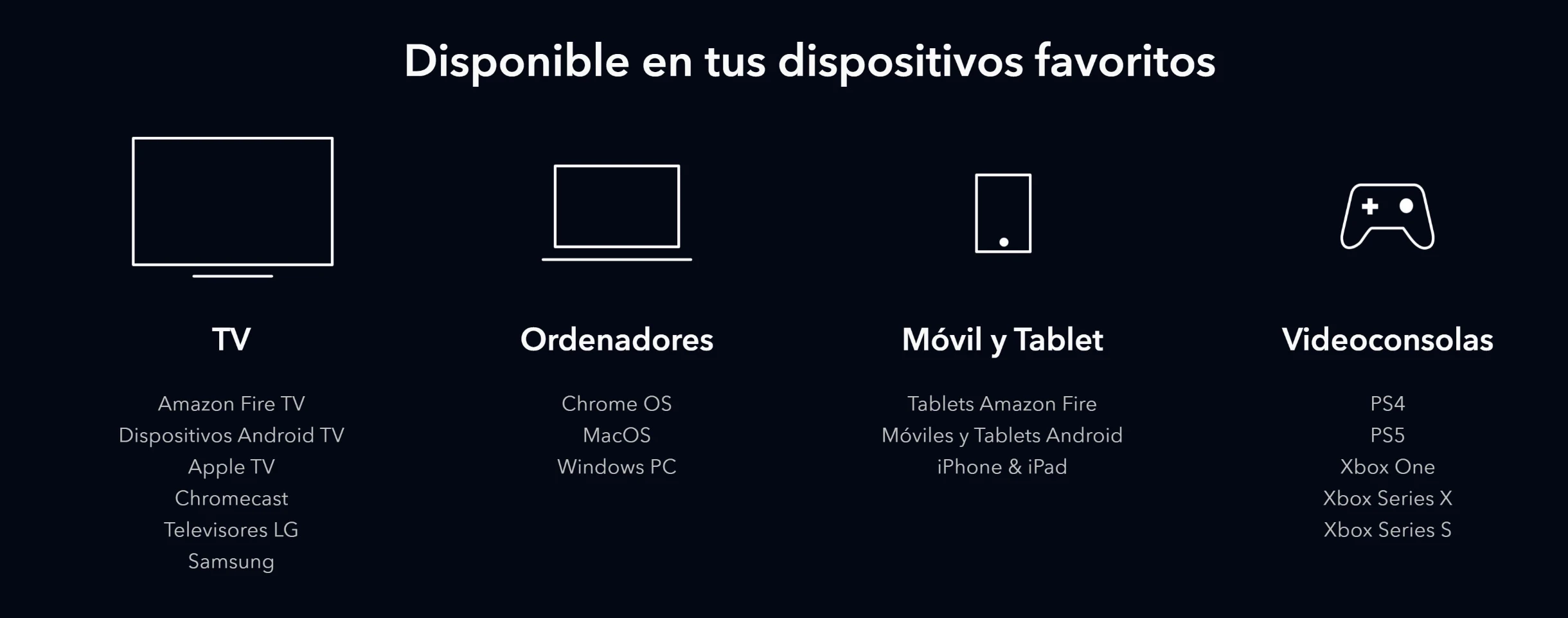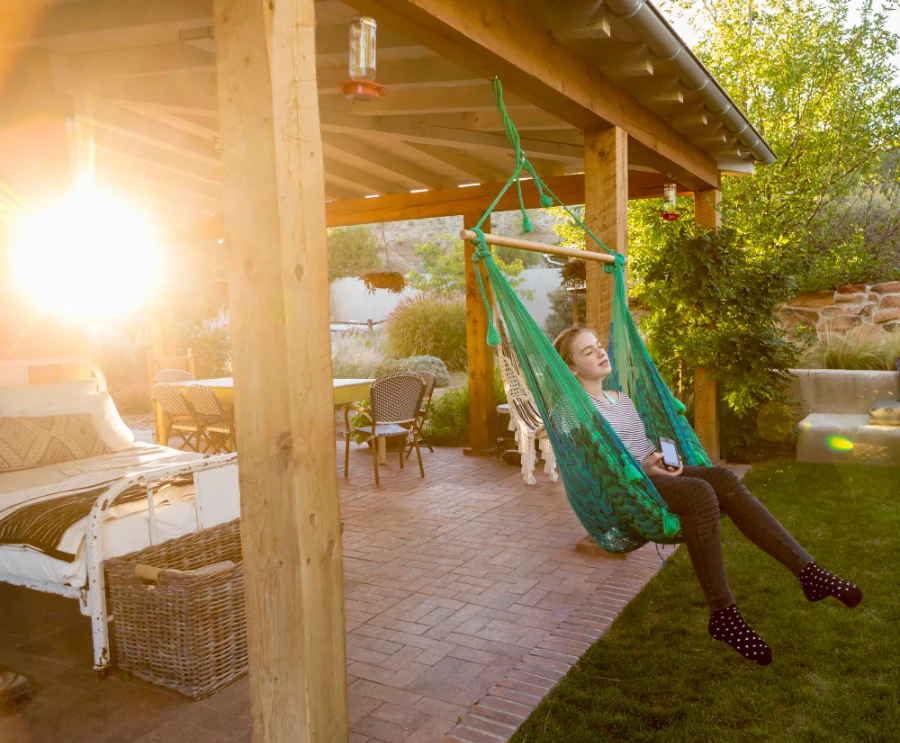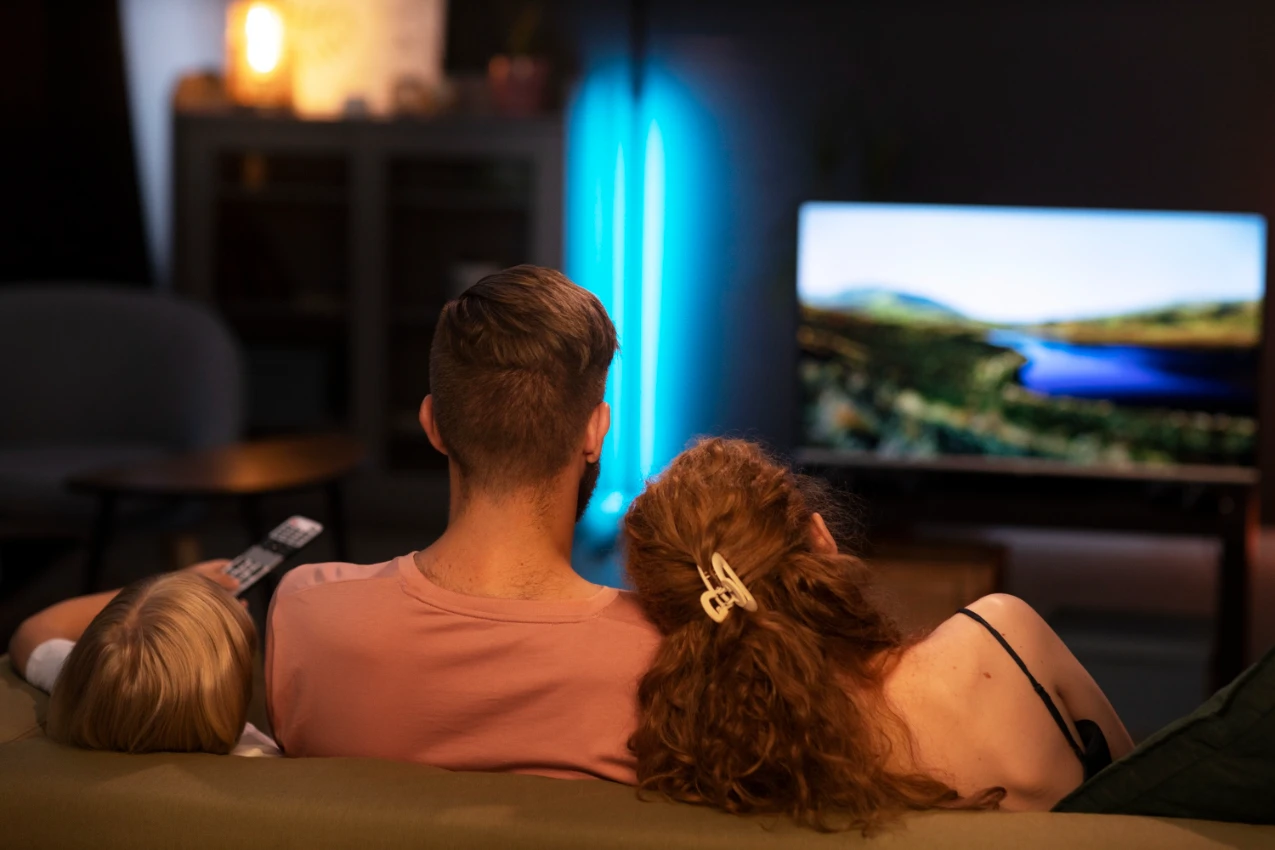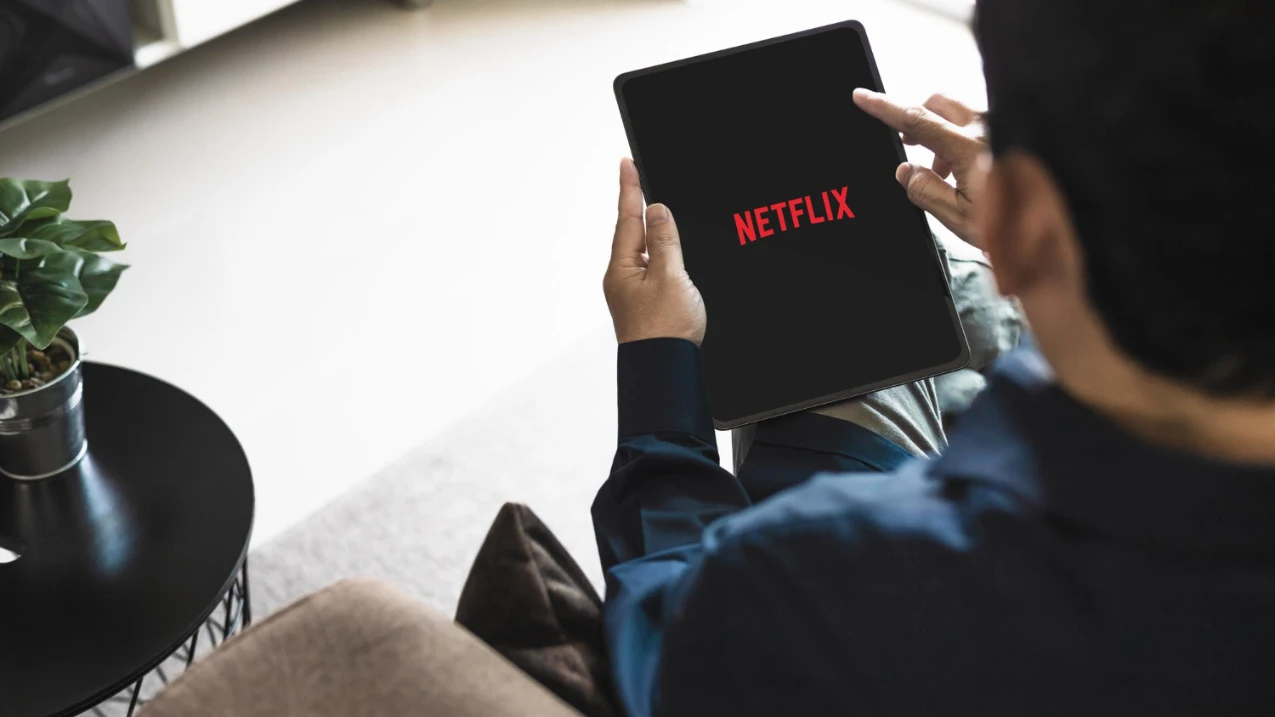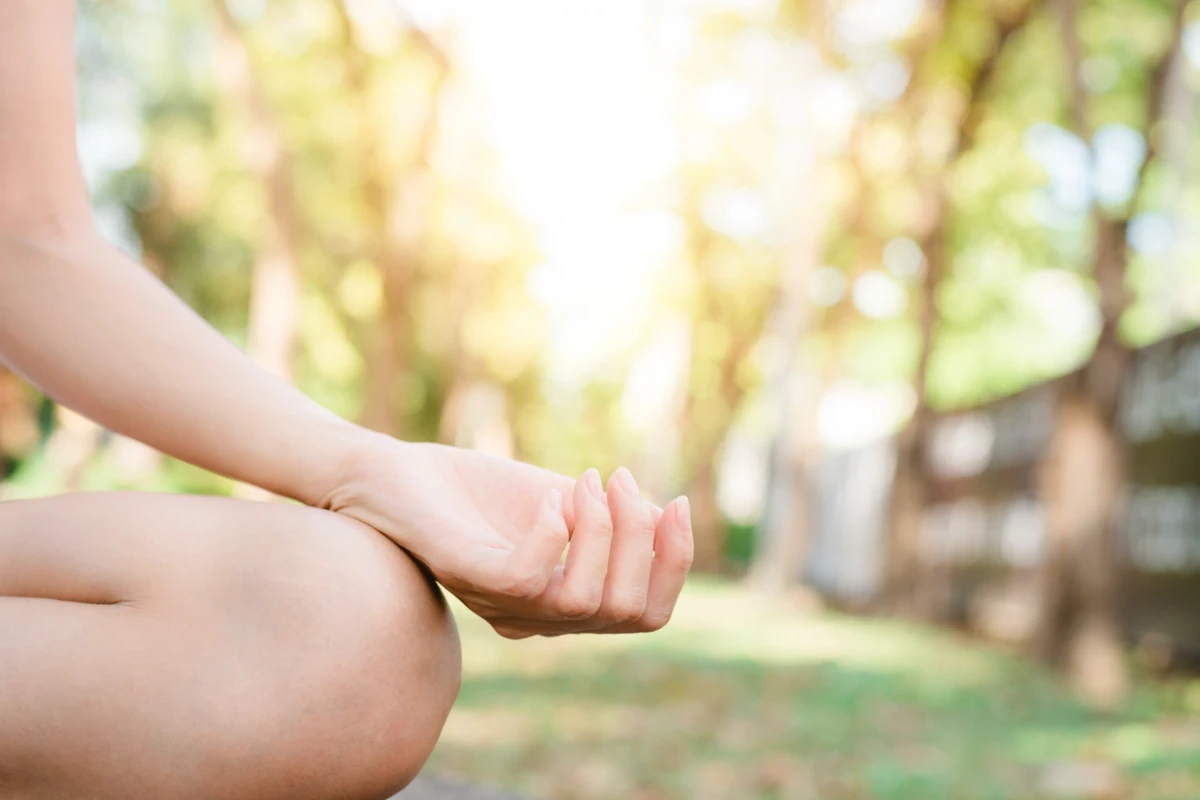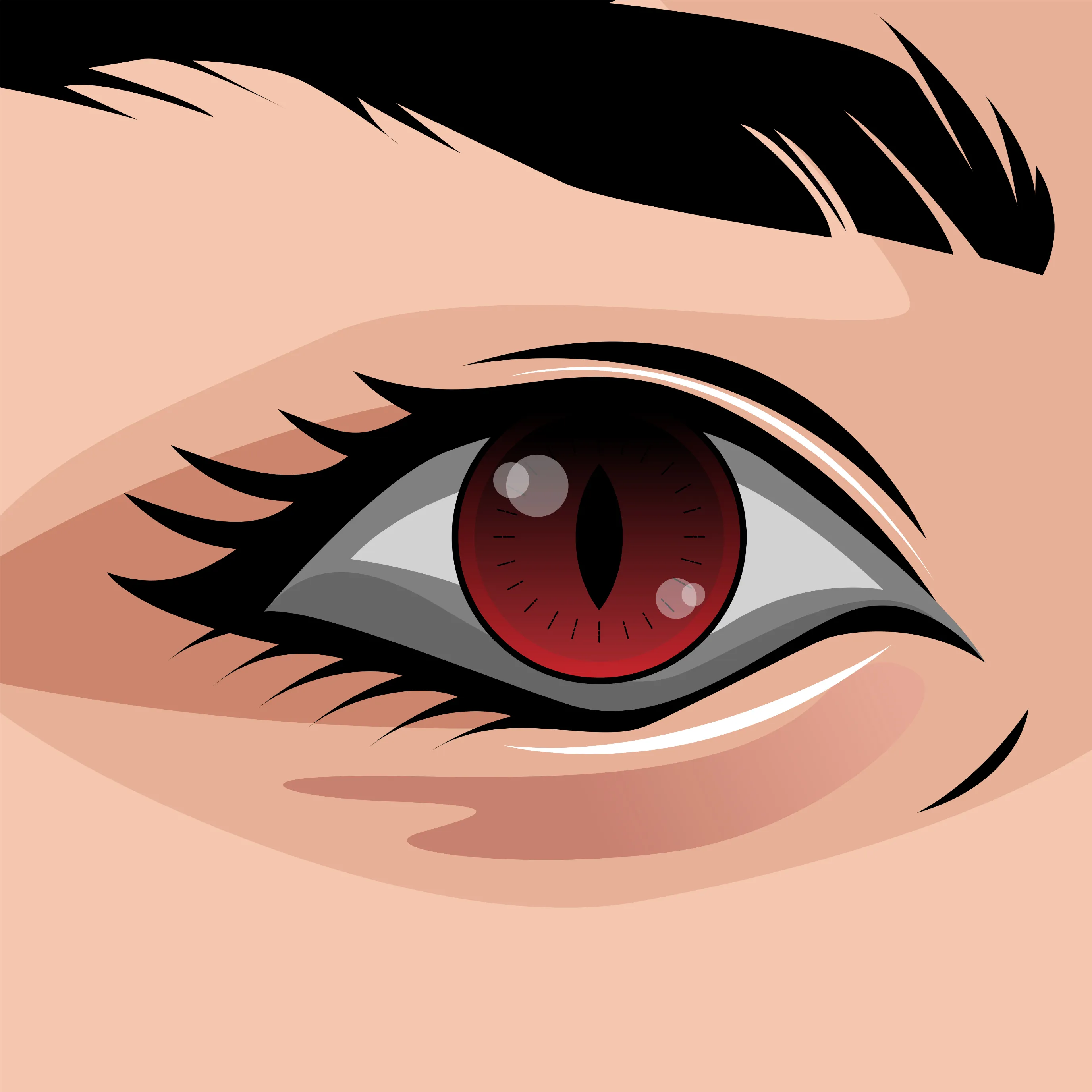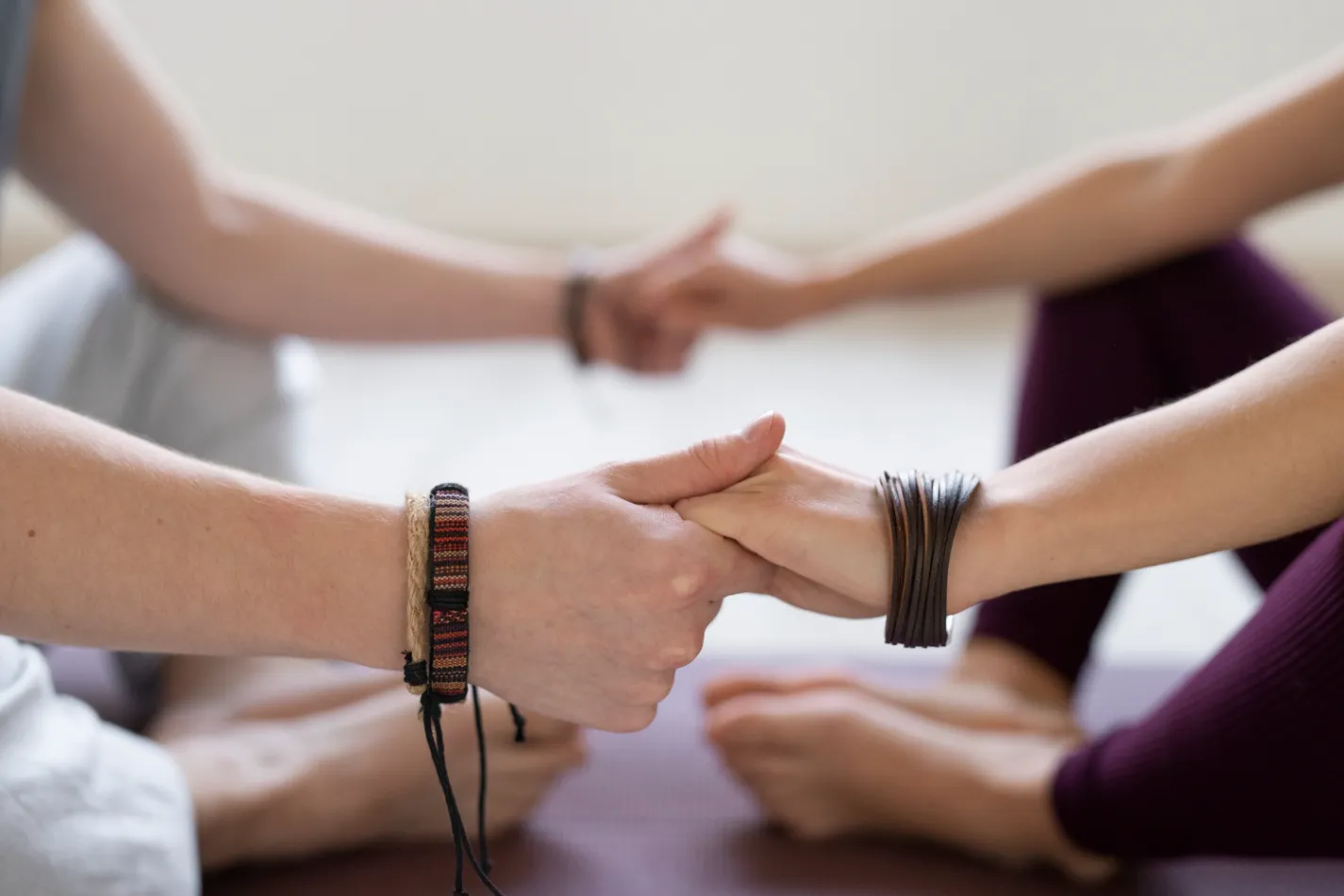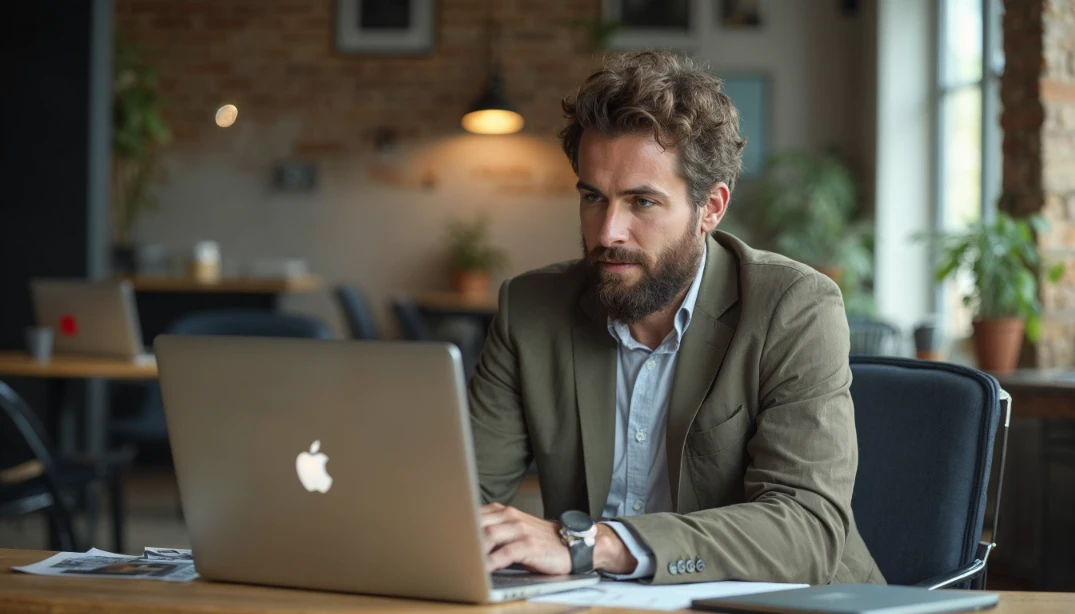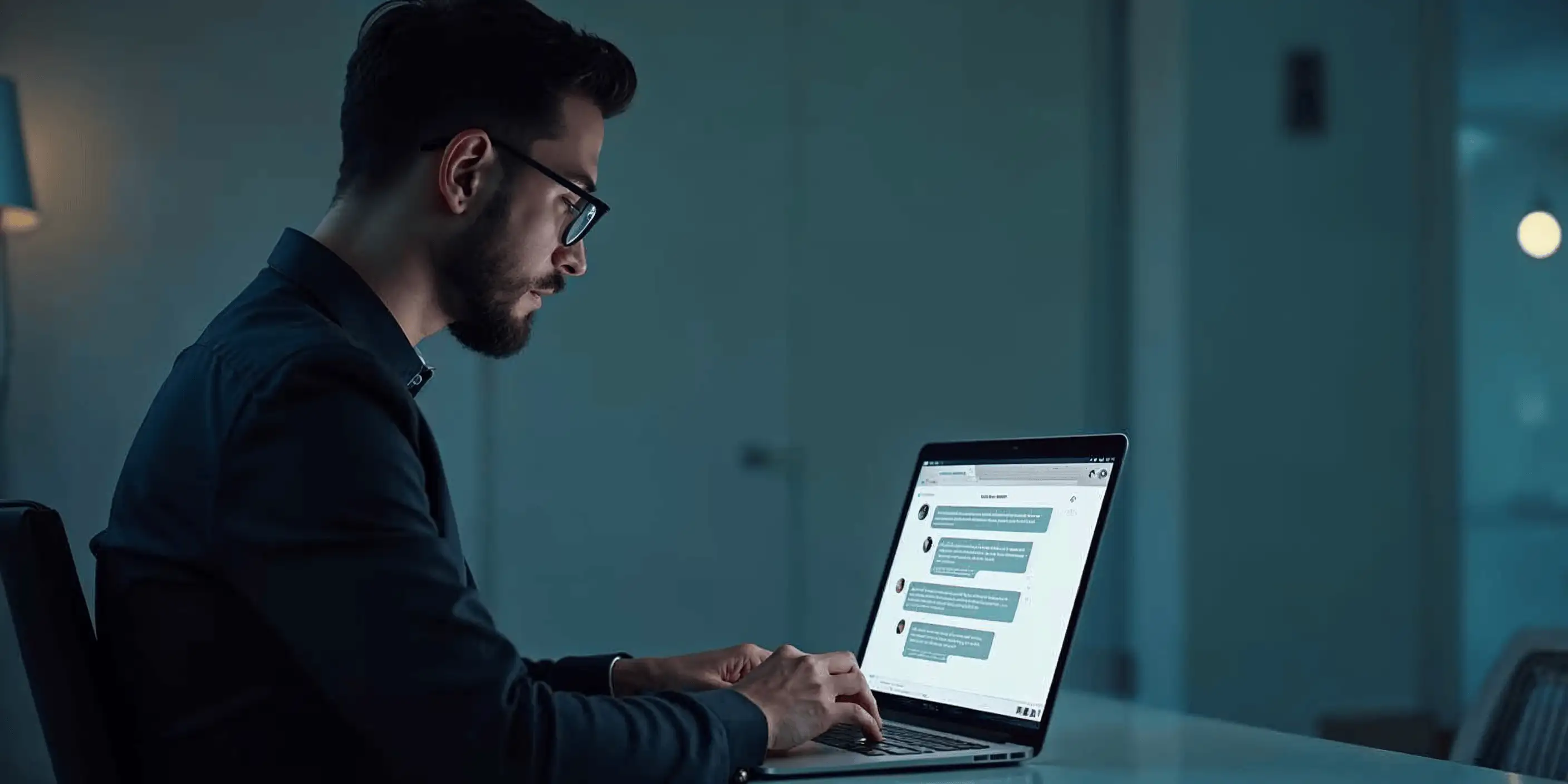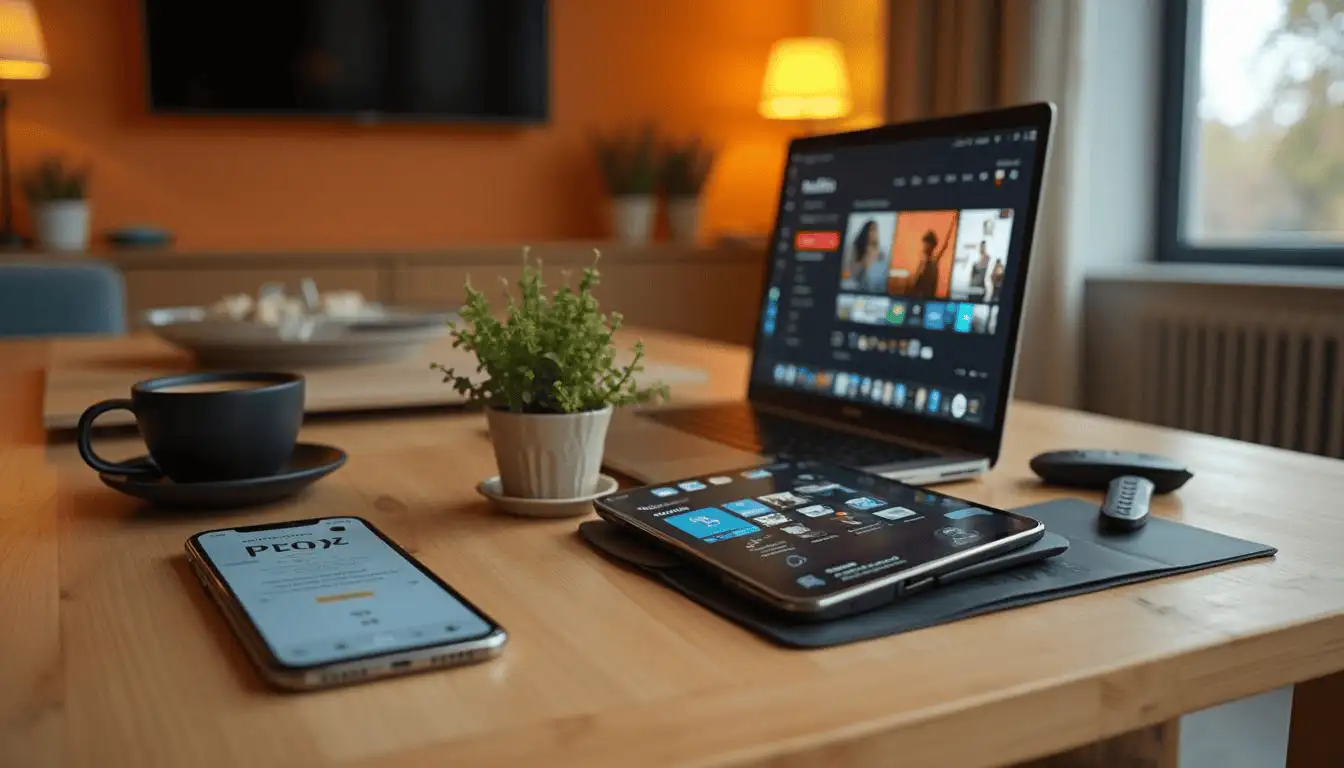Tips for a more relaxed meditation
There are several tricks that can help you make your meditation more relaxed and effective.
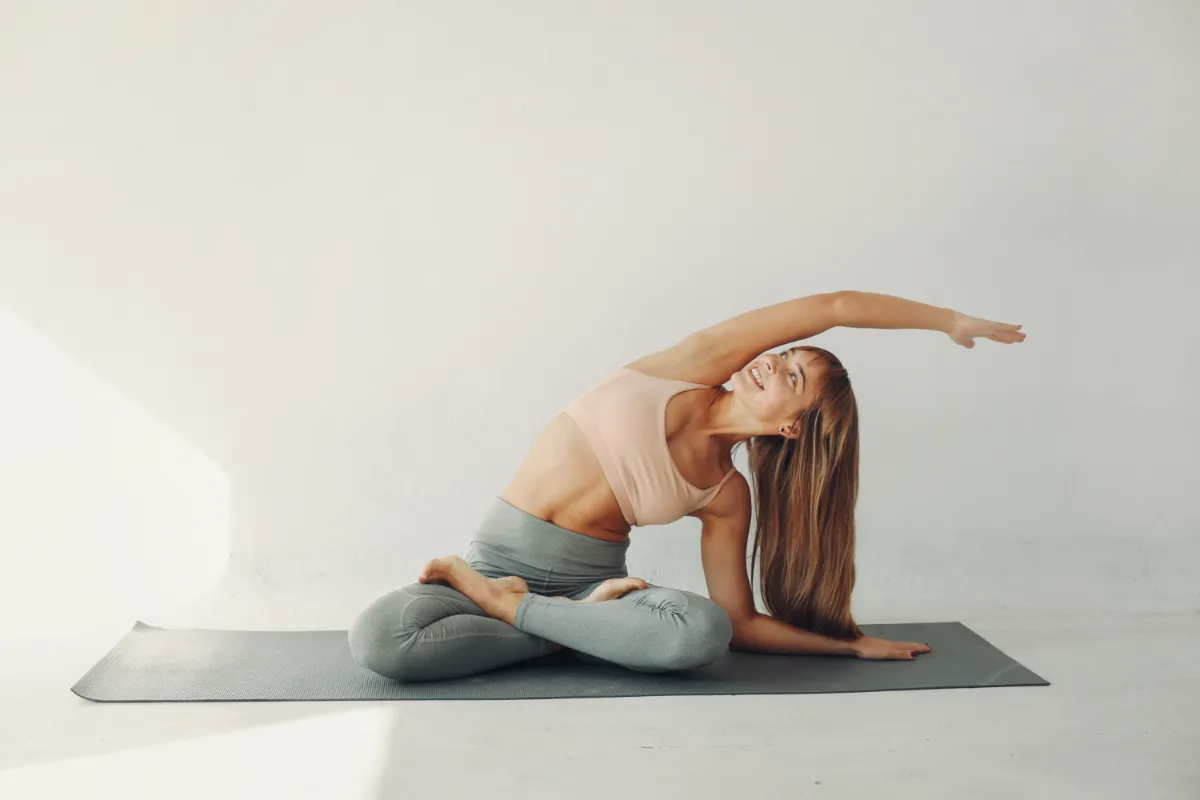
Meditation is an ancient practice that has proven to have numerous benefits for mental and physical health. However, for many, achieving a state of deep relaxation can be a challenge. In this regard, there are several tricks that can help you make your meditation more relaxed and effective.
Preparation for Meditation
Choose a quiet place
The first step to relaxed meditation is to find a quiet place where you won't be interrupted. This place can be any space in your home where you feel comfortable and at peace. It's important that this place is free from noise and distractions. If possible, try to make this space solely for meditation, in this way, your mind will associate this place with relaxation and peace.
In addition, you can enhance the atmosphere of the place with elements that help you relax, such as scented candles, comfortable cushions or soft music. Remember, the goal is to create an environment that invites relaxation and concentration.
Establish conscious, sit in a comfortable position and close your eyes. Take a deep breath in through your nose, hold it for a moment, and then exhale slowly through your mouth. As you do this, focus all your attention on the sensation of the breath entering and leaving your body. Try to do this for a few minutes each day.
Mindfulness
Mindfulness is another effective meditation technique. It involves focusing on the present moment without judgment. This can be done by paying attention to your thoughts, feelings, and physical sensations without trying to change them or push them away.
To practice mindfulness, find a quiet place where you won't be disturbed. Sit comfortably and focus on your breath. As thoughts come into your mind, simply acknowledge them without judgment and then return your focus to your breath.
A routine
Consistency is key in meditation. Establishing a daily meditation routine can help train your mind to enter a state of relaxation more easily. Try to meditate at the same time every day, whether it's in the morning to start the day with a clear mind, or at night to release the tensions of the day.
In addition, it's recommended that you set a specific time for meditation. It doesn't have to be a long time, even a few minutes each day can make a big difference. The important thing is that you commit to this time and respect it as a moment for yourself and your well-being. own.
Mindfully, sit in a comfortable position, close your eyes, and start to breathe deeply. Try to inhale for four seconds, hold your breath for four seconds, exhale for four seconds, and keep your lungs empty for four seconds. Repeat this cycle several times and you will see how your mind calms and your body relaxes.
Guided Meditation
Guided meditation is another excellent option for those who have difficulties relaxing during meditation. In guided meditation, a voice guides you through a journey of relaxation and focus. There are many apps and websites that offer free guided meditations, so you can experiment and find the one that best suits you.
In addition, guided meditation can be especially useful if you are just starting to meditate. The guide will help you understand how meditation works and will give you tools to practice on your own. ## Additional Tips
Practice Patience
Meditation is a process and, as such, requires patience. Don't despair if you initially find it difficult to concentrate or relax. Remember, meditation is not about emptying the mind, but learning to observe your thoughts without judgment.
Over time, you will notice that your ability to relax and concentrate improves. You just need to be patient and consistent in your practice.
Use a Comfortable Posture
Posture is an important aspect of meditation. However, you don't need to sit in an uncomfortable position to meditate correctly. The most important thing is that you feel comfortable and relaxed. You can sit on a cushion, on a chair, or even lie down if that helps you relax.
The key is to keep your back straight to facilitate breathing and concentration. Also, try to relax all the muscles in your body, from your head to your feet, to enter a state of deep relaxation.

